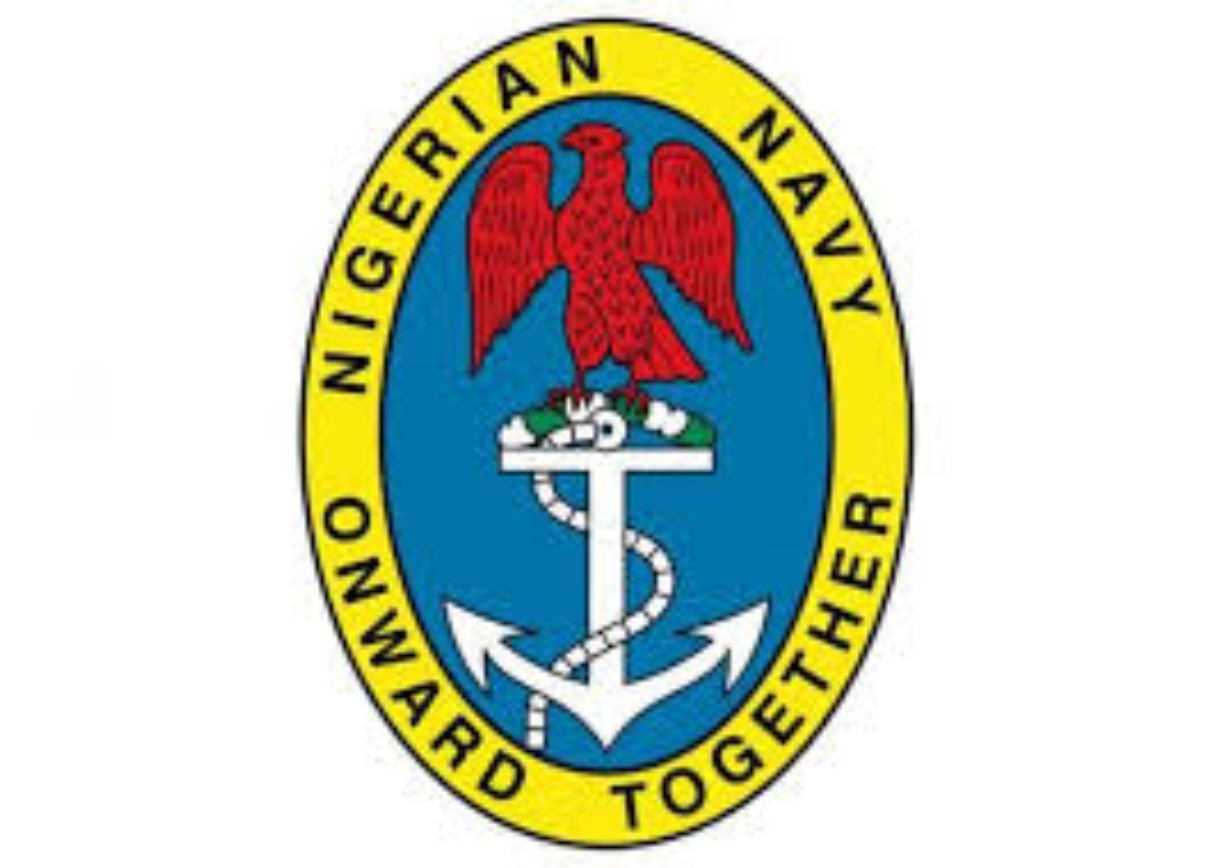Opinion
Government Without Opposition (II)
The opposition of the
deregulation
of the downstream oil sector for example has been very weak. To be effective,
the opposition groups need to equip themselves with much more information than
is available on the pages of newspapers about the downstream sector. Decisions
on key national development issues such as the deregulation of the downstream
oil sector needs to be based on a rigorous knowledge and understanding of the
sector and not mere speculations based on theoretical abstraction. Where
necessary, opposition groups should make use of independent policy
think-tanks.”
Meanwhile, there is need for the opposition to strengthen
political relationships and to form
alliances and partnership with one
another, as well as with other interest groups across the country and even
internationally. If the opposition groups are to make the necessary impact on
the political system in the country, they will have to engage more on
discussions and negotiations among themselves and with politically influential
people who are not publicly known to be in the ruling political party.
There are a good number of renowned politicians in the
country who for one reason or the other are unable to join the PDP and would
not like to be associated with a weak political party.
Information dissemination and policy outreach activities is
another strategy. One of the strategies of the ruling party and the political
entrepreneurs in the country is to impoverish the people both materially and
intellectually as a means of disempowering them both politically and
economically. The political opposition groups in the country can enhance their
public influence if they can systematically empower the people by providing
them with useful information about politics and policy.
For example, Akitiyan Senator which means ‘the efforts of a
Senator’ is a Yoruba radio programme which became very popular in Oyo State in
less than one year because it tends to empower the people by providing
information about happenings in the Senate and the policies of government in
general. The popularity of Senator Adeyemo, the initiator of the radio
programme may be attributed largely to this radio programme.
There are many other innovative ways through which sensitive
information can be disseminated to the public and political actors.
Financial and other material inducements are very effective
in gaining political influence in the country and this will likely remain so
for some time. The primary reason for this is that the social institutions for
the allocation of resources and opportunities in the country have failed and
there is poverty and dependency in the land.
An indication of the seriousness of the dependency problem
in the politics of the country is the fact that the National Assembly had to
address the issue of demands for money and material gifts by members of their
constituency particularly during festive periods.
In the South West, some people talk of the ‘Amala Politics’,
to describe the situation in which politicians have to continuously feed their
followers daily particularly during elections. There are several accounts of
how the present PDP government in the country used financial inducement to buy
votes during the April 2003 elections.
At the intra- or inter-party levels, contracts, financial
rewards and appointments are used to negotiate for political support. The
shameful behavior of Alhaji Abdulkadir, the former National Chairman of the
Alliance for Democracy, is an example of how material inducements influence the
political power game at the institutional level.”
“The financial inducement strategy is being used mainly by
the political entrepreneurs. This strategy, as well as sentiment, tends to
shift focus away from the issues and challenges in the country.
Therefore, one thing that the opposition groups can do is to
find ways to maintain focus on issues and problems. While financial inducements
and public service are designed to meet the material needs in a poverty
stricken society, sentimentalism as a political strategy to gain influence, is
designed to meet the emotional needs of the people.
Humanity in general places a lot of emphasis on people’s
roots, cultural identity and spiritual belief. Hence, ethnicity and/or
tribalism and religion are critical issues in politics in general. But it is particularly
more relevant in poor communities because in the absence of material holdings,
poor people always tend to guide their ethnic and religious identity as
essential resources without which their life will not have any meaning. The
political entrepreneurs in the country always take advantage of these emotional
needs by the people of the country while the are most often neglected by the
opposition groups.
Dr. Akpogena, a christian devotional consultant, writes from
Port Harcourt.
Lewis Akpogena
Opinion
Trans-Kalabari Road: Work In Progress

Opinion
That U.S. Capture of Maduro

Opinion
Kudos Gov Fubara

-
Business5 days ago
AFAN Unveils Plans To Boost Food Production In 2026
-

 Sports5 days ago
Sports5 days agoJ And T Dynasty Set To Move Players To Europe
-

 News2 days ago
News2 days ago2026 Budget: FG Allocates N12.78bn For Census, NPC Vehicles
-

 Featured5 days ago
Featured5 days agoRSG Kicks Off Armed Forces Remembrance Day ‘Morrow …Restates Commitment Towards Veterans’ Welfare
-

 Featured5 days ago
Featured5 days agoTinubu Hails NGX N100trn Milestones, Urges Nigerians To Invest Locally
-

 Niger Delta5 days ago
Niger Delta5 days agoNavy Pledges Improved Patrols, Welfare Boost For Personnel
-
Rivers5 days ago
Ogoni Community Rejoices Over Return Of Peace
-
Nation5 days ago
Cleric Preaches Love As Deputy Governor, Chief Judge Grace Wedding In PH

